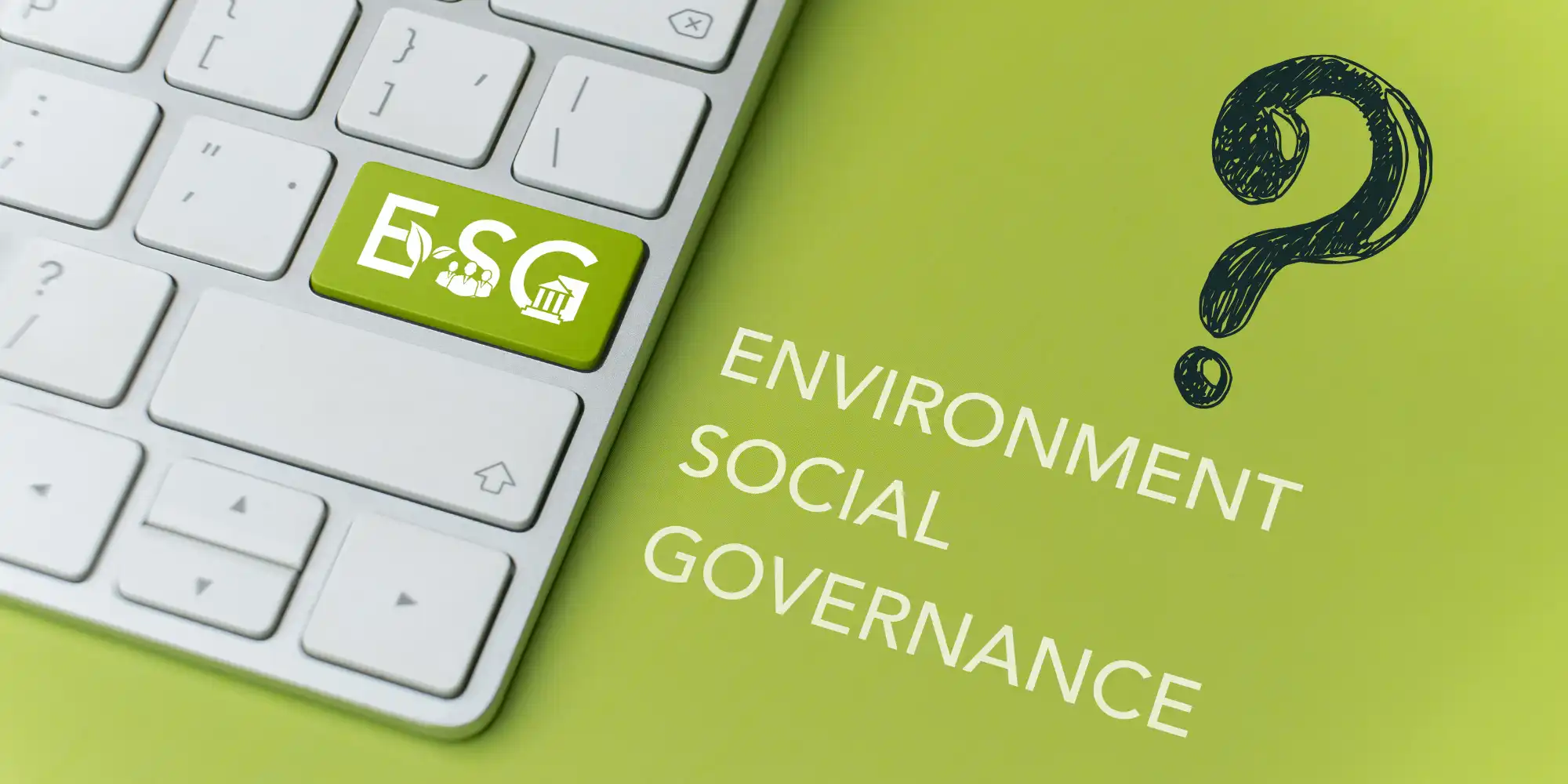- info@coeesg.com


A comprehensive framework known as Environmental, Social, and Governance (ESG) examines how organizations affect the environment, how they treat their stakeholders, employees, and community members, as well as the effectiveness of their governance systems.
These are crucial elements for companies operating in Pakistan and go beyond monetary success by generating a more complex collection of characteristics. Businesses may secure long-term resilience and profitability, draw in investors, and foster consumer loyalty by establishing and disclosing ESG targets. They can also help create a more transparent and sustainable future.
Embracing ESG can help businesses mitigate risk, thereby creating efficiencies and long-term value. Setting ESG goals is important for organizations, as it demonstrates they are ready to meet the future demands of a changing business environment.
Companies that integrate ESG principles:

Every ESG framework pillar covers quantifiable subjects. Achieving long-term, sustainable success requires setting goals in each of the three pillars.
The Environmental pillar assesses a company’s impact on the planet and its natural resources. Key topics under this pillar include:

The Governance pillar evaluates the frameworks and processes a business employs to uphold ethical standards, ensure transparency, and maintain accountability. Key topics include:

An excellent starting point for navigating the ESG landscape is our thorough guide. This guide is ideal for small and medium-sized firms in Pakistan since it will teach you how to adopt ESG strategies, assess and report on progress, and explain what it means and why it matters.
What’s inside:
Social
The Social pillar examines how a business affects individuals and communities and how it manages relationships with various stakeholders. Key topics include: